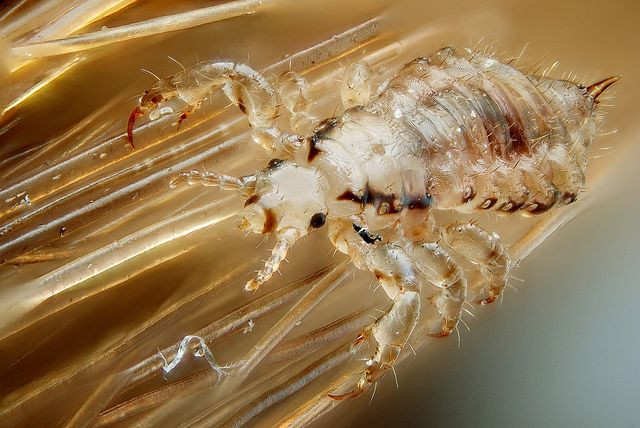What To Do When Head Lice Moves In

Lice are a common parasite that affects several children each year. Classrooms are the most common place children are infected with lice.
According to the Centers for Disease Control and Prevention (CDC), lice are parasitic insects that can be found on people's heads and bodies, including the private area. The parasite responsible for head lice is Pediculus humanus capitis. Head lice infect the head and neck, and attach their eggs to the scalp.
In the U.S. head lice are not a reported condition, so health department do not track the rates of head lice. However, the CDC reports between six and 12 million children experience lice.
Lice peak during the second grade and then shortly drop following fourth grade, according to Richard Pollack, a public health entomologist who teaches at the Harvard School of Public Health and Boston University.
Though most over-the-counter treatment shampoos usually work well, it is important for parents to know some lice may develop resistance to those shampoos. Parents may want to opt for a pediatrician prescription treatment.
If your children's school reports a lice outbreak be sure to check your children's head thoroughly.
Signs that you should be aware of are:
- Tickling feeling of something moving in the hair
- Itching, caused by an allergic reaction to the bites
- Irritability and difficulty sleeping. Lice are most active during the dark
- Sores on the head caused by scratching. At times, sores may become infected with bacteria that are present on the skin.
When treating head lice:
- Do not use extra amounts of any lice medication unless instructed to do so by your doctor or pharmacist. The drugs used to treat lice are insecticides and can be hazardous if they are misused or overused.
- Do not treat an infested person more than two to three times with the same medication if it does not seem to be working. This may be caused by using the medicine incorrectly or by resistance to the medicine. Always seek the advice of your health care provider if this should happen. He/she may recommend an alternative medication.
- Do not use different head lice drugs at the same time unless your doctor or pharmacist instructed you to do so.
For more information regarding head lice visit the CDC website.



























